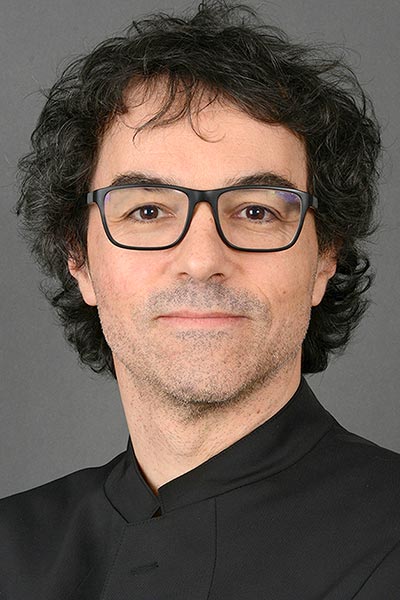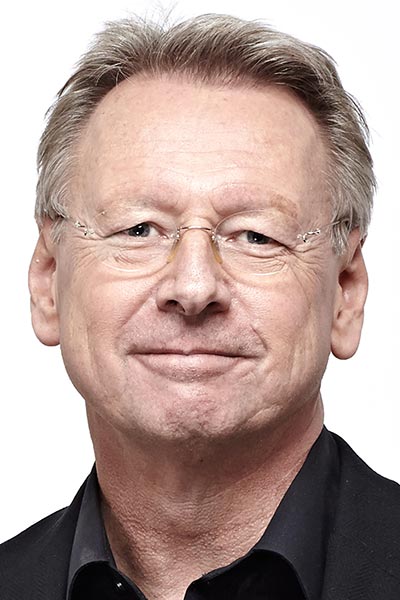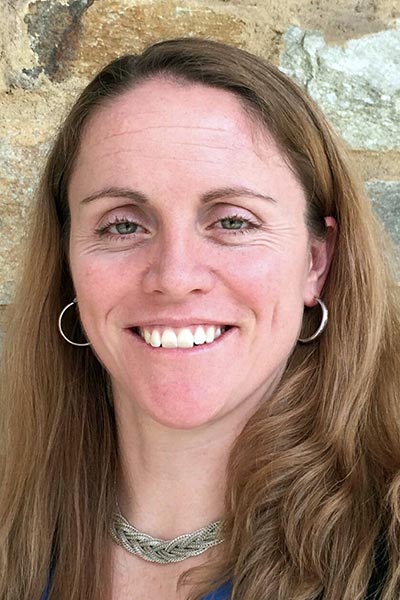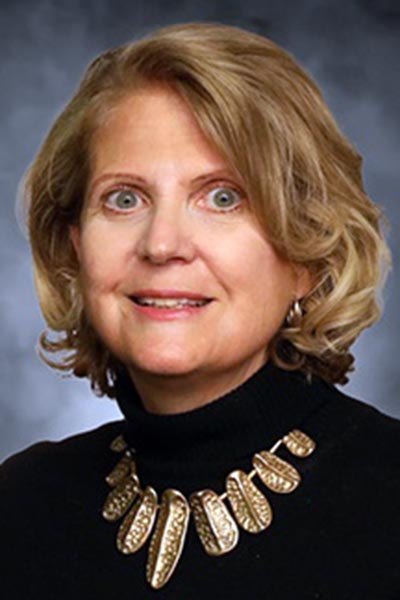Five more forums will be presented Tuesday evening
Five forum sessions debut Tuesday evening with discussions ranging from leveraging real-world data to making more effective use of small-molecule inhibitors and other chemical tools, building trust in science to improve cancer research and care, using lifestyle choices to improve health equity, and exploring multiple mechanisms of resistance. The forum sessions run consecutively from 5 – 6:30 p.m. PT at the convention center. Here’s a preview of tonight’s sessions.

Opportunities and Challenges in Leveraging Real-World Data to Accelerate Evidence Generation
Room 6 CF, Upper Level, Convention Center
The growing use of real-world data (RWD) is a combination of hype, hope, and genuine success. AACR’s Project GENIE (Genomics Evidence Neoplasia Information Exchange) is currently aggregating multiple sources of RWD from genomic and molecular characteristics of patient tumors to clinical data and treatment outcomes across 19 international centers.
“GENIE has a technical dimension of intersecting clinical and genomic data aggregated with other data from different sources and some quite precise use cases exploring drug activity and associations between genomics and other data,” said Fabrice André, MD, PhD, professor and head of research at the Gustave Roussy Cancer Campus, Villejuif, France. “And it is a good illustration of a database that could be used for regulatory purposes, for example as a synthetic control arm in rare genomic segments.”
The goal is to spark new use cases for RWD based on current successes and illustrate limitations.

Using Small-Molecule Inhibitors in Cancer Research and Drug Discovery: How Can We Maximize their Value?
Room 30, Upper Level, Convention Center
Small-molecule inhibitors, or chemical probes, are important tools for basic cancer research, target validation, and drug discovery. These small-molecule probes can usefully modulate proteins in different ways, acting as activators, long-lasting covalent binders, degraders, molecular glues, and more.
“The word ‘inhibitor’ doesn’t capture everything that chemical tools can do, and biologists are not always experienced in choosing the most appropriate tools for the research task,” said forum Chair Paul Workman, PhD, Group Leader, Centre for Cancer Drug Discovery, The Institute of Cancer Research, London, UK. “If you choose the wrong small molecule for a project, you will likely get the wrong result.”
First and foremost, the tool must be potent at very low concentrations. It must be highly selective—active against a specific target protein without significantly affecting other proteins in the cell.
The tool compound must be able to penetrate the cell and generate evidence of modulating the intended target. Indiscriminate compounds that damage the cell membrane or exhibit broad chemical reactivity should be avoided.
“There are good inhibitors and poor ones,” Workman said. “We want to help biologists select the most effective inhibitors and use them in the right way to enhance the robustness of cancer research and accelerate drug discovery.”

Can Trust in Science Help Us Decrease Cancer Health Disparities and Increase Clinical Trials Participation?
Room 33, Upper Level, Convention Center
The AACR Trust in Science Task Force will present its initial work and pilot messages promoting societal trust in science to reduce health disparities in cancer and boost participation in clinical trials.
“The task force has two objectives, to create bi-directional communication platforms with internal AACR stakeholders and eventually the public, and to enhance diversity in clinical cancer trials,” said forum Co-Chair Stacey J. Adam, PhD, vice president, Science Partnerships, Foundation for the National Institutes of Health.
Internal stakeholders include groups such as AACR’s Minorities in Cancer Research (MICR), Women in Cancer Research (WICR), Scientist↔Survivor Program® coalition, and others. These internal stakeholders can take messaging and toolkits to their own communities to broaden trust in cancer treatment and science.
Boosting diversity in clinical trials is a broader assignment.
“When you talk about clinical trials and underrepresented populations, such as Hispanic/Latinos, African Americans, and American Indians, limited access and trust are important to accrual,” said forum Co-Chair Jesse Nodora, DrPH, associate professor of radiation medicine and applied science at the University of California San Diego Moores Cancer Center. “We have a long way to go on promoting active knowledge of the benefits of science and cancer clinical trials participation among diverse communities, including rural America. This is an opportunity for AACR, our members, and our many partners.”

Lifestyle Choices, the Food Environment, and Health Equity Impact Cancer Prevention and Control – But Are There Solutions? And What Are the Opportunities for Future Research?
Ballroom 6 B, Upper Level, Convention Center
Multiple studies have shown that improved nutrition, exercise, and weight loss can reduce cancer risk and improve cancer outcomes. Appropriate behavioral changes have lagged.
“We know that a dietary pattern of ultraprocessed, ultrarefined foods, with more red and processed meats, more sugars, and more saturated and trans fats, puts people at risk,” said forum Chair Wendy Demark-Wahnefried, PhD, RD, professor and Webb Endowed Chair of Nutrition Sciences at The University of Alabama at Birmingham School of Health Professions. “We know what to do but we don’t know optimal ways to get people to reduce their dietary and lifestyle risks.”
Panelists will explore multiple interventions to foster healthier lifestyle choices for cancer survivors and other at-risk populations. Lifestyle interventions pose multiple challenges, Demark-Wahnefried said, and offer even more opportunities.
Mechanisms of Resistance: Why Have We Failed to Turn Cold Tumors Hot?
Room 6 A, Upper Level, Convention Center
Immunotherapies and engineered T-cell strategies have revolutionized cancer care. But not all solid tumors are hot, enriched in inflamed, activated T cells and susceptible to these novel therapies. In theory, non-T cell-inflamed tumors—or cold tumors—can be turned hot by manipulating specific biologic features to favor a hot phenotype.
Approaches include recruiting and activating dendritic cell, macrophage, and granulocyte subsets and decreasing the abundance of suppressive myeloid cells. Presenters will explore preclinical models and emerging translational research contributing to novel therapeutic interventions utilizing the latest biologic understandings.
More from the AACR Annual Meeting 2025
View a photo gallery of scenes from Chicago, continue the conversation on social media using the hashtag #AACR25, and read more coverage in AACR Annual Meeting News.

